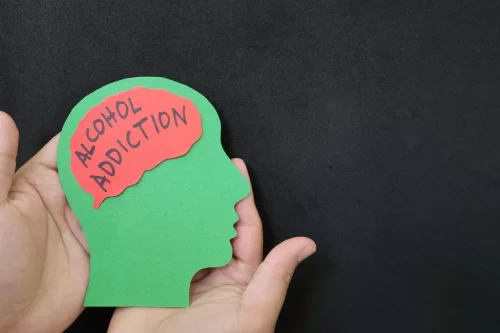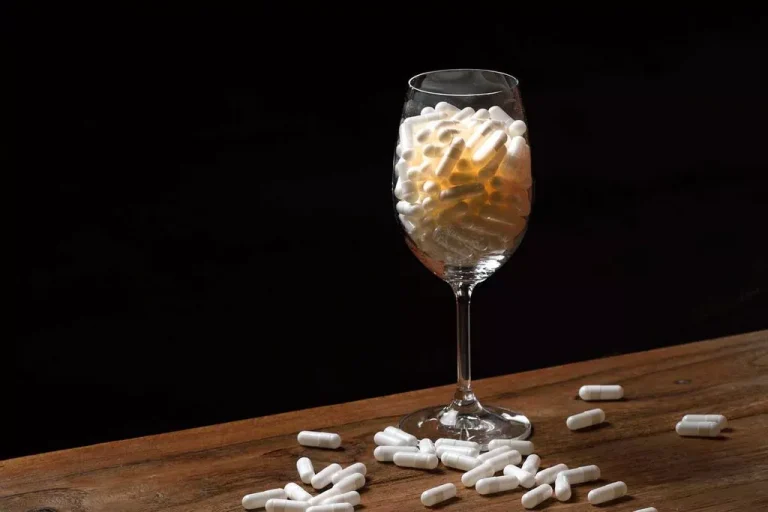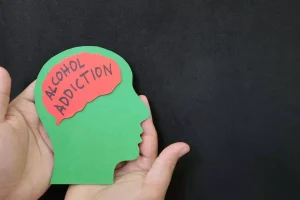
All the same, “a quick drink” often turns into three or four drinks. When you’re having a good time, you find it hard to stop, especially in the company of friends having the same amount. This stage typically starts 3–5 years after you’ve stopped I drink every night am I an alcoholic drinking. People often need to address past trauma or familial issues during this time. As a result, overcoming guilt and negative self-talk is vital.
Timeline for Quitting Alcohol
Letting others know about your choice to stop drinking may help motivate you to stick with your decision.
Further advice and information
These stages can help prevent relapse and support people to live healthier, fuller lives. According to the National Institute on Alcohol Abuse and Alcoholism (NIAAA), recovery is a process that involves remission from AUD and quitting heavy drinking for good. If you think you may have a drinking problem, you’re definitely not alone. In 2021, researchers estimated nearly 30 million people ages 12 years and older in the United States had alcohol use disorder (AUD). An easy way to keep track of how you’re doing and keep your motivation up is to give yourself short-term goals.
- Reviewing the results, you may be surprised at your weekly drinking habits.
- The Centers for Disease Control and Prevention (CDC) also has an Alcohol Program with printable resources for people to follow.
- It can also help you gain a new perspective as you consider how your life will change without alcohol.
- Turner notes the importance of bringing along a trusted support person when attending events that involve alcohol.
- But over time, White says, this can lead to escalating levels of anxiety.
- Prepare yourself for those times when someone is going to offer you a drink.
- Would you usually head to the pub after work on a Friday evening?
Staying Social When You Quit Drinking
One of the best places to find support outside of your network of family and friends is at support groups, like AA (Alcoholics Anonymous). People in AA are either working to become sober or are in recovery. They see the pain and struggles and reality of addiction that you may feel others can’t begin to comprehend.
Learn how to say, “No.”

The study also showed that no single treatment approach fits the needs of every individual. Creating a plan is an essential part of knowing how to quit drinking. The National Institute on Alcohol Abuse and Alcoholism suggests that having a plan can help solidify your goals and give you a roadmap for how to achieve them. Remember, the journey to quit alcohol is deeply personal and may differ for everyone.


Teaming up with another person can help people stay accountable. Self-affirmation is a powerful strategy to help motivate people to change their habits and behaviors. Self-affirmation exercises, such as recognizing self-worth, can allow an individual to focus on their important values. According to researchers, self-affirmation can help a person stay on track even in a threatening environment.
Some people may feel so “broken” that they almost feel they can no longer experience joy and confidence, or have healthy relationships again. While the abstinence stage of withdrawal causes mostly physical symptoms, post-acute withdrawal is very psychological and emotional. Identifying your ‘triggers’ (situations or places where you’re tempted to drink) is important. Avoiding the pub is an obvious one for many people, but remember to think about whether alcohol is still readily available at home too. Maybe you could start writing a shopping list in advance of a trip to the supermarket – if there’s no alcohol on the list, you will be less tempted to buy some. If you let your friends and family know you’re cutting down and it’s important to you, you could get support from them.
These symptoms can happen even if you used to drink at relatively low levels, if you were drinking regularly. For most people they pass quite quickly, and are just a temporary blip before they start to feel the benefits of cutting out alcohol. But if you experience these symptoms for more than about five days after stopping or find them particularly troublesome, your GP will be able to offer some advice.


Often, people with alcohol use disorder find that other people in their lives spot their addiction long before they do. A sober life doesn’t have to mean more time at home as you try to block out triggers. It can mean more time for your other interests, and even new interests. More time to meet new people, catch up with old friends and try new things. There’s a reason you’ve reached the decision to quit or cut back.
